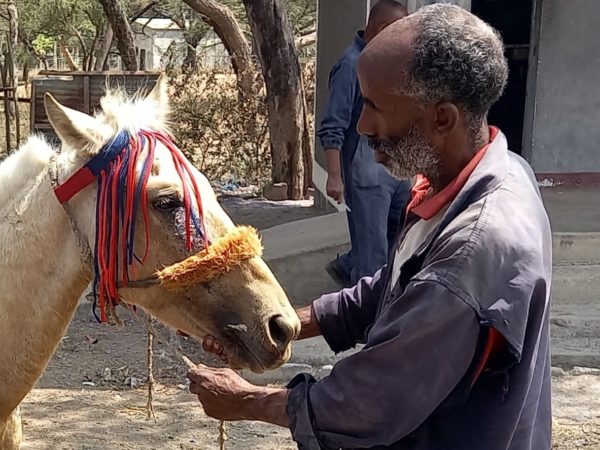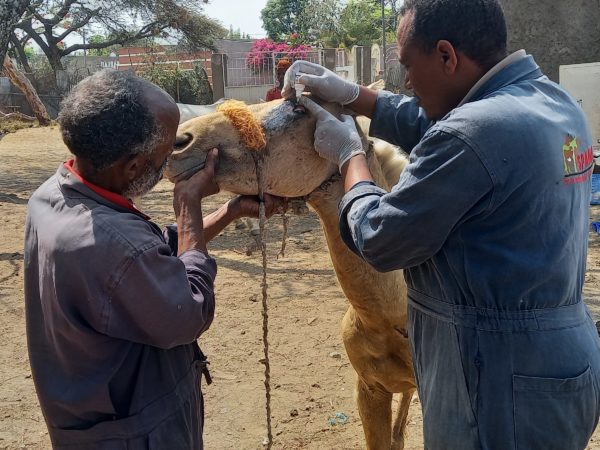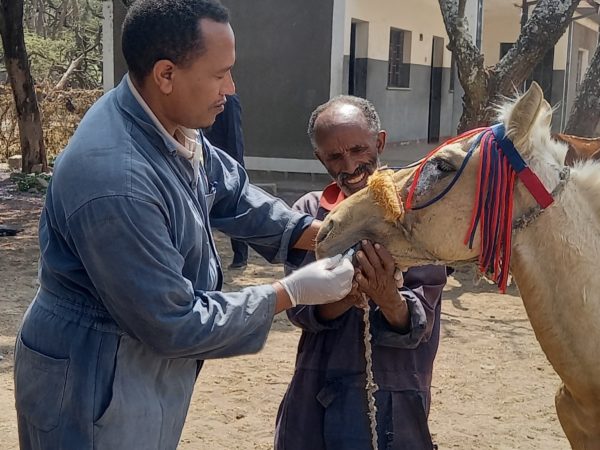You may also be interested in
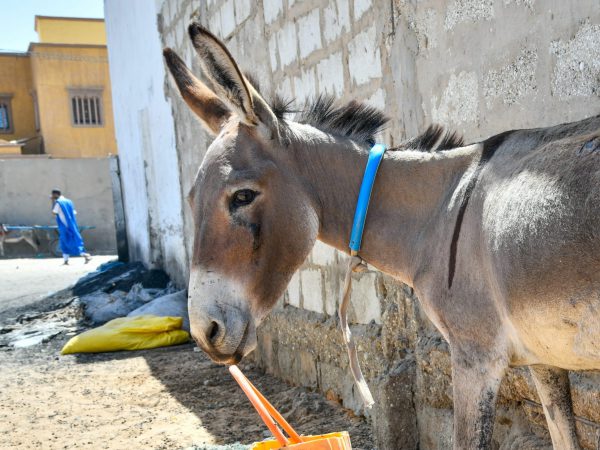
Keera the water donkey’s harness wounds
Keera the donkey was suffering from nasty wounds caused by a problem with the water cart she pulls and needed immediate help from SPANA vets...
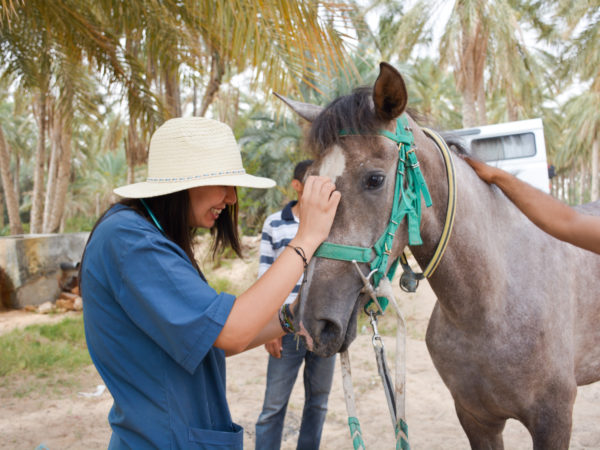
Lina the horse’s parasite problem
Lina the horse was losing weight and had no energy. Find out how SPANA vets in Tunisia gave her the essential treatment she needed.

Keera the water donkey’s harness wounds
Keera the donkey was suffering from nasty wounds caused by a problem with the water cart she pulls and needed immediate help from SPANA vets...

Lina the horse’s parasite problem
Lina the horse was losing weight and had no energy. Find out how SPANA vets in Tunisia gave her the essential treatment she needed.

